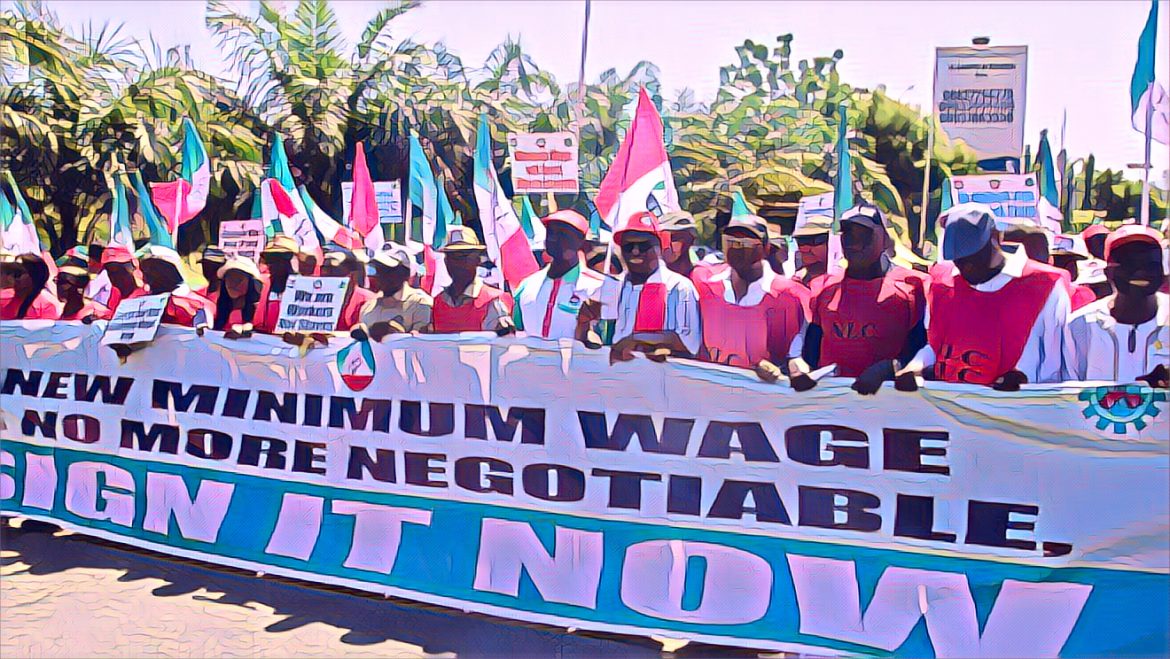The Nigeria Labour Congress (NLC) has issued a stern warning against allowing state governors to independently set new minimum wage standards, asserting that such a move would undermine the welfare of Nigerian workers and potentially destabilize the national economy. In a strongly worded statement released on Friday, Benson Upah, Head of Information and Public Affairs at NLC, criticized some governors for their lack of understanding regarding the principles of minimum wage negotiations.
According to the NLC, a handful of governors have demonstrated a significant gap in their knowledge of global best practices concerning industrial relations and governance. This gap, the union suggests, contributes to the mismanagement that leads to widespread suffering among Nigerians. “It is evident that, despite their frequent travels abroad, they have deliberately chosen not to educate themselves on fundamental global issues crucial to successful governance,” Upah stated.
The NLC’s statement comes amid heated discussions about the national minimum wage, which is intended to establish a wage floor across Nigeria, ensuring that no worker in the country earns below a certain amount. This standard is meant to provide a minimum standard of living for all workers and is a collective agreement recognized across the nation.
However, the union has expressed concerns that some governors are seeking to override this national standard by setting wages unilaterally, based solely on their states’ financial capabilities and circumstances. This approach, according to the NLC, not only undermines the uniformity and fairness of wage distribution but also contradicts the principles of economic justice and social stability.
The labor union also highlighted the inconsistency in how political office holders across Nigeria receive uniform salaries as determined by the Revenue Mobilisation, Allocation and Fiscal Commission, questioning why similar standards shouldn’t apply to the wages of ordinary workers.
In addition to criticizing the governors’ understanding and approach, the NLC praised certain governors who they described as “forward-looking and progressively-minded,” acknowledging their efforts to consider the welfare of workers in their policies.
During a recent town hall, Dr. Jurbe Molwus, Chairperson of the University of Jos chapter of the NLC, discussed these issues, emphasizing the importance of maintaining a unified approach to wage standards that reflect both economic realities and the needs of workers.
The union’s concerns are compounded by the discrepancies between the salaries of political figures and the general workforce, pointing to a deeper issue of inequality and the prioritization of political interests over the economic needs of citizens. “This double standard, which pits a few privileged against the majority poor, is an issue that should concern those who love this country,” Molwus added.
In response to these challenges, the NLC has called on President Bola Tinubu to uphold his commitment to providing a living wage, which they argue is superior to a minimum wage. They urged the federal government to take decisive action and not succumb to pressures from governors who may be looking to set wage standards that serve their interests rather than those of the workforce.


